Politics
Saudi Arabia appoints Sheikh Saleh bin Fawzan as grand mufti
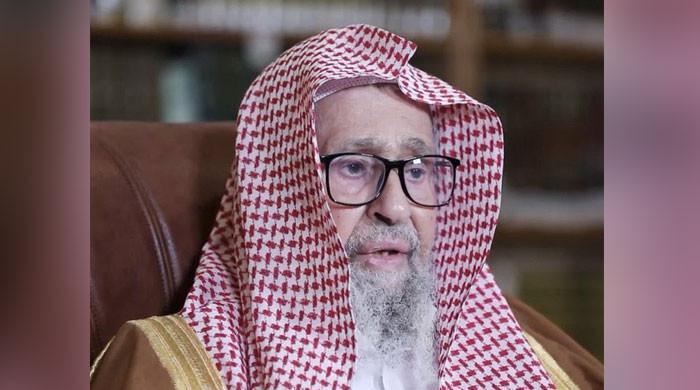
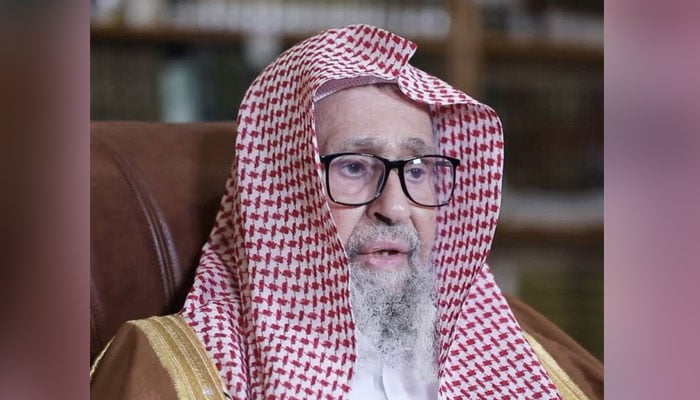
RIYADH: Saudi Arabia has appointed Sheikh Saleh bin Fawzan bin Abdullah Al-Fawzan as grand mufti, state media said.
Al-Fawzan was named the grand mufti of Saudi Arabia by royal decree, the official SPA news agency reported. The newly appointed grand mufti replaced Sheikh Abdulaziz Al-Sheikh, who passed away on September 23.
Al-Fawzan has been a member of Ifta and the Permanent Committee for Scholarly Research since 1992, as well as the Council of Senior Scholars, the Saudi Gazette reported.
In addition, he was a member of the Supervisory Committee for Preachers during the Hajj, the Islamic Fiqh Council, and the Muslim World League.
Al-Fawzan was born in Al-Qassim in 1935 and attended school in Buraidah. He graduated from the College of Shariah in Riyadh with a master’s and a doctorate in fiqh. He later became the Higher Institute of Judiciary’s director.
The newly appointed grand mufti is also a multi-book author and has conducted several radio shows, including the well-known Nur Ala Al-Darb programme
Al-Fawzan succeeds Abdulaziz al-Sheikh, who died in September after more than 20 years in the role.
He was appointed on the recommendation of Crown Prince Mohammed bin Salman, the de facto Saudi ruler who has ushered in sweeping reforms in a bid to diversify the economy of the world’s biggest oil exporter.
— With additional input from AFP
Politics
Turkiye authorities find crash site of jet carrying Libyan army chief: minister
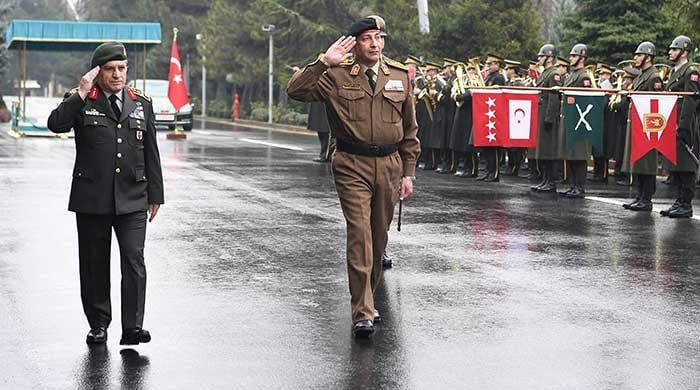
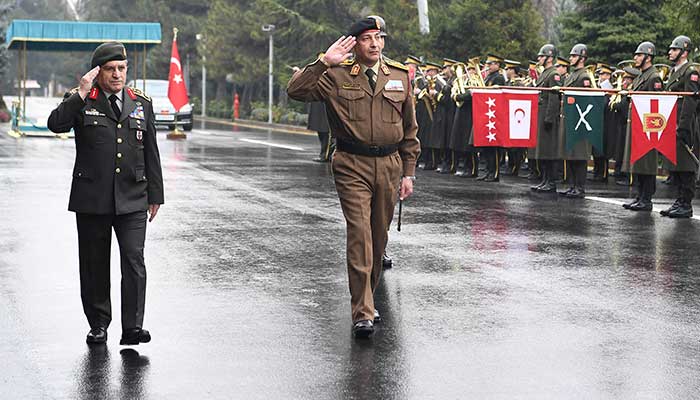
- Turkish gendarmerie locates wreckage south of Kesikkavak village.
- Jet loses contact after emergency landing request near Ankara.
- Five people onboard including senior Libyan military officials.
Turkiye’s interior minister said on Tuesday that authorities had located the wreckage of a plane carrying Libya’s chief of staff, Mohammed Ali Ahmed Al-Haddad, after it went missing shortly after departing Ankara.
Interior Minister Ali Yerlikaya said on X that Turkish gendarmerie teams had located the wreckage of a business jet that departed Ankara’s Esenboga airport for Tripoli.
The aircraft was found around two kilometres south of Kesikkavak village in the Haymana district, about 74 kilometres (45 miles) from Ankara, he added.
The prime minister of Libya’s internationally recognised government said that the Libyan army’s chief of staff, Al-Haddad, died in a plane crash, adding that four others were on the jet as well.
“This followed a tragic and painful incident while they were returning from an official trip from the Turkish city of Ankara. This grave loss is a great loss for the nation, for the military institution, and for all the people,” Libyan Prime Minister Abdulhamid Dbeibah said in a statement.
He said the commander of Libya’s ground forces, the director of its military manufacturing authority, an adviser to the chief of staff, and a photographer from the chief of staff’s office were also on the aircraft.
Earlier, Yerlikaya said that radio contact was lost with a jet carrying Libya’s army chief of staff, Mohammed Ali Ahmed Al-Haddad, shortly after takeoff from the Turkiye capital.
Yerlikaya wrote on X that the jet had taken off at 1710 GMT and radio contact was lost at 1752 GMT.
He said the flight had made a request for an emergency landing while over the Haymana district of Ankara, but that no contact was established after.
Four others were on the jet, he added, while flight tracking data showed other flights being diverted away from Ankara’s Esenboga Airport.
Turkiye’s defence ministry had announced the Libyan chief of staff’s visit earlier, saying he had met with Turkiye Defence Minister Yasar Guler and Turkiye counterpart Selcuk Bayraktaroglu, along with other Turkiye military commanders.
Politics
Cristiano Ronaldo ‘buys two luxury villas’ in Saudi Arabia
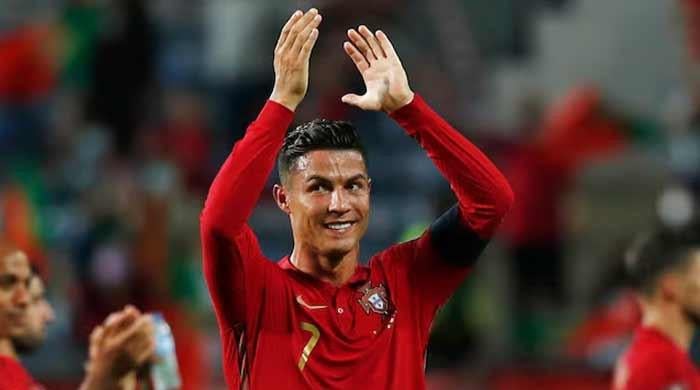
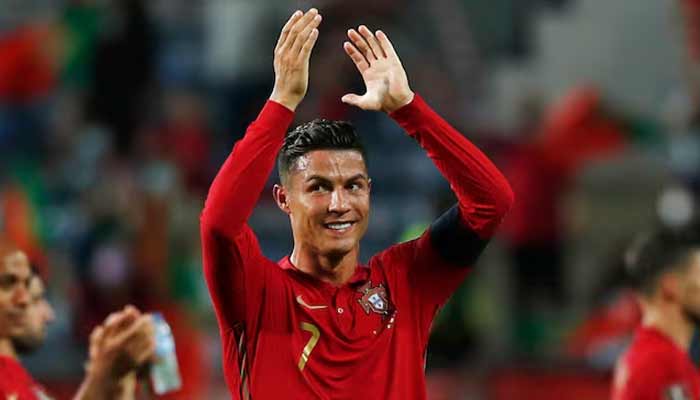
Cristiano Ronaldo, football’s first billionaire, and his fiancée Georgina Rodriguez have reportedly purchased luxury villas in Saudi Arabia’s Red Sea project, according to British media.
According to the Daily Mail, the properties are located at Nujuma, a Ritz-Carlton Reserve developed by Red Sea Global, around 26 kilometres off Saudi Arabia’s mainland, and are accessible only by chartered boat or seaplane. Ronaldo and Rodriguez are among the first buyers of the ultra-luxury villas.

Each villa at the Ritz-Carlton Reserve Residences is priced from SAR15.5 million (approximately £3.1 million). The development features just 19 ultra-private residences, offering bespoke services amid pristine natural surroundings.
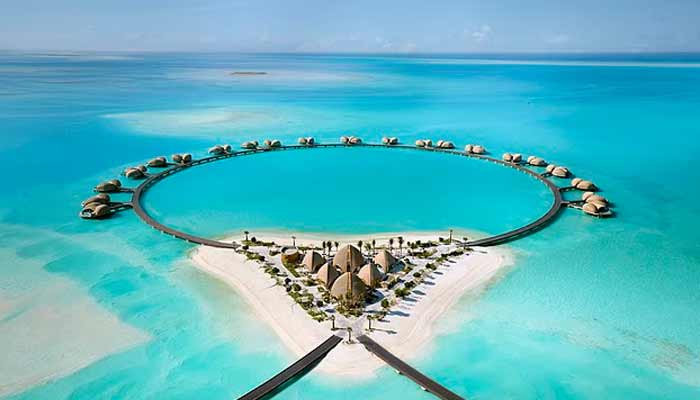
Speaking to Daily Mail, the Portuguese footballer said: “From the moment we first visited, Georgina and I felt a connection with the island and its natural beauty – it’s a place where we feel at peace.”
“Now we have a home here, we can enjoy quality time with family in complete privacy and serenity any time we like,” he added.

Earlier, a Bloomberg report revealed that Ronaldo earned over $550 million in salary between 2002 and 2023, in addition to a decade-long Nike endorsement deal worth nearly $18 million annually. His brand partnerships with Armani, Castrol, and other global companies have added more than $175 million to his fortune.
Ronaldo’s move to Saudi club Al-Nassr in 2023 made him the highest-paid footballer in history, with an annual salary of £177 million ($237.5 million), alongside bonuses and a reported 15% ownership stake in the club.
For comparison, Argentina and Inter Miami star Lionel Messi has earned more than $600 million in pre-tax salary during his career, according to financial estimates.
Ronaldo’s billionaire status places him among an elite group of athletes, including Michael Jordan, Magic Johnson, LeBron James, Tiger Woods, and Roger Federer.
Despite his financial success, Ronaldo has indicated that he is not considering retirement anytime soon.
— With additional information from Reuters.
Politics
New Epstein files dump contains multiple Trump references
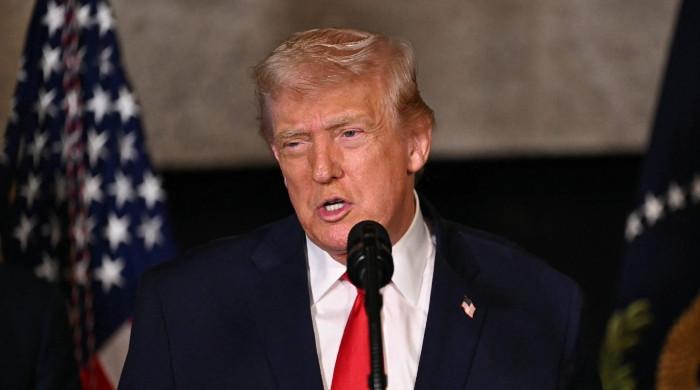
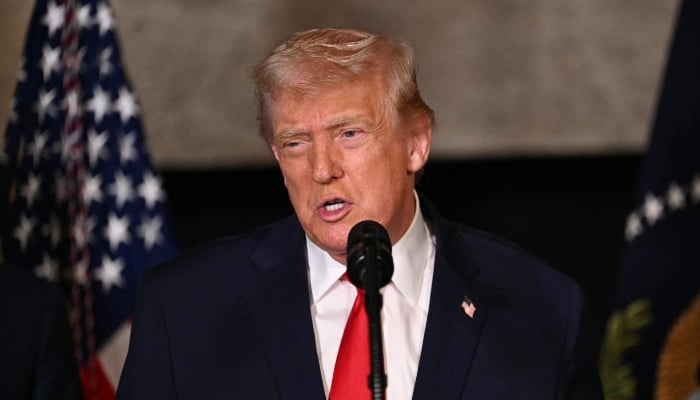
A new batch of files released on Tuesday by the US government in relation to the notorious late sex offender Jeffrey Epstein contains numerous references to Donald Trump, including documents detailing flights he took on his then close friend’s private jet.
The Justice Department swiftly issued a statement defending the 79-year-old Republican president.
“Some of these documents contain untrue and sensationalist claims made against President Trump that were submitted to the FBI right before the 2020 election,” the Justice Department said on X, without specifying which allegations were false.
“If they had a shred of credibility, they certainly would have been weaponised against President Trump already,” the department said.
Epstein cultivated a wide circle of powerful friends, including Trump, and was alleged to have run an underage sex trafficking ring before his 2019 death in jail.
Trump, who is not accused of any wrongdoing, fought for months to prevent release of the vast trove of documents collected during years of investigations into the disgraced financier.
A rebellion inside Trump’s Republican Party forced him to sign off on a law mandating release of all the documents. The extraordinary move reflected intense political pressure to address what many Americans, including Trump’s own supporters, have long suspected to be a cover-up.
A first batch was made public last Friday amid fierce criticism that the Justice Department was deliberately slow-walking the release and excluding any references to Trump.
The latest slew of documents contains 8,000 files, including hundreds of videos or audio recordings. This includes surveillance footage from August 2019, the month Epstein was found dead in his jail cell — and declared to have committed suicide.
Private jet trips
Trump was friends for years with Epstein and the two of them were photographed together at parties.
The Republican has given different accounts of how he ended their relationship.
He has said they fell out when Epstein “stole” young women working in the spa at his Florida golf club. He also says he threw Epstein out of his Florida golf club for being “a creep.”
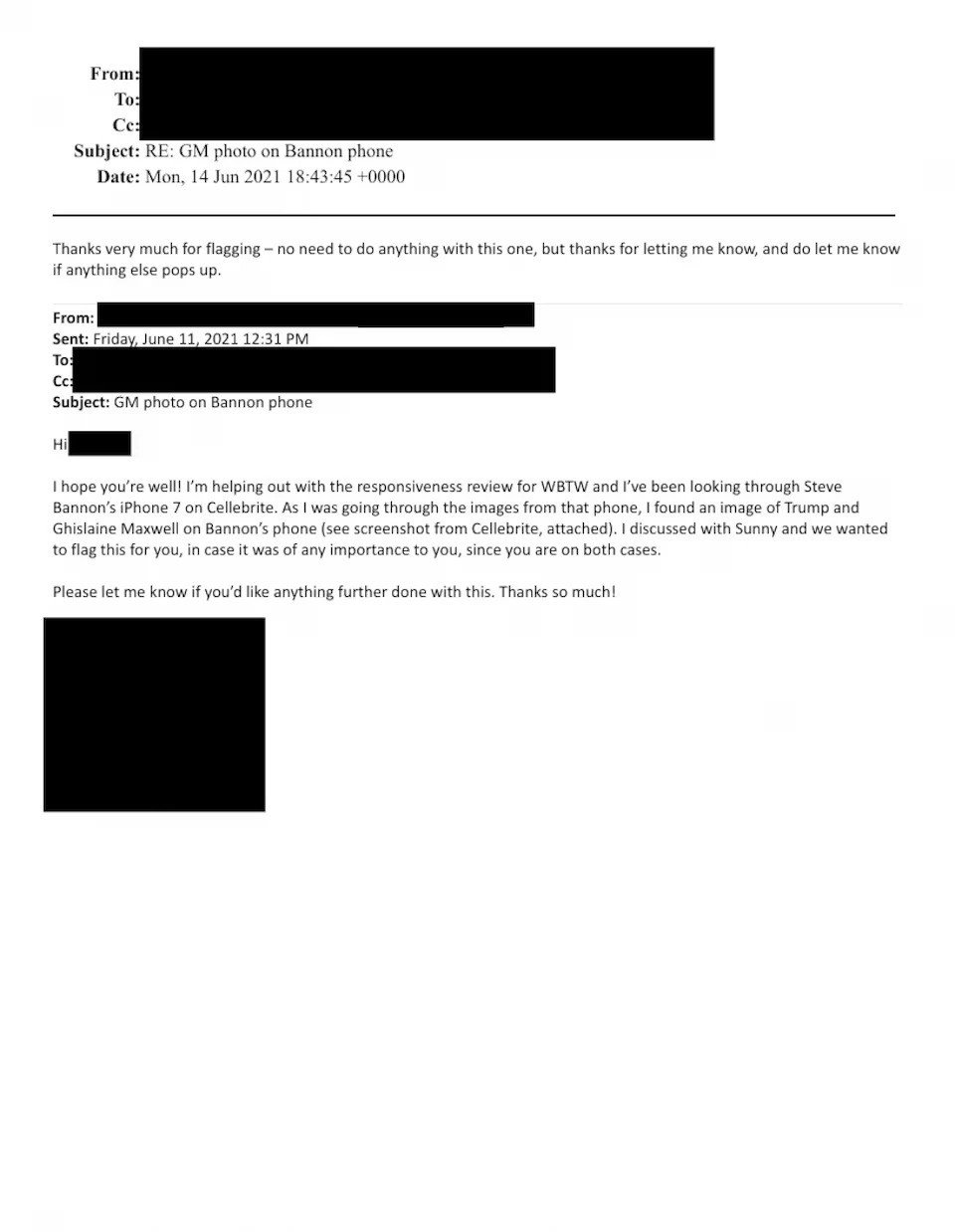
But despite Trump’s repeated claims that he was not close to Epstein, there is considerable evidence to the contrary.
The latest documents include a January 2020 note from New York federal prosecutors who were investigating Epstein’s associate, Ghislaine Maxell, detailing Trump’s repeated travel on the financier’s private jet.
It says “records we received yesterday reflect that Donald Trump travelled on Epstein’s private jet many more times than previously has been reported (or that we were aware).”
Some of the references to Trump in the documents are impossible to verify and there are no indications of criminal behaviour.
One is in a handwritten letter attributed to Epstein and written from jail to Larry Nassar, the former US gymnastics doctor who was imprisoned over rampant abuse of female athletes.
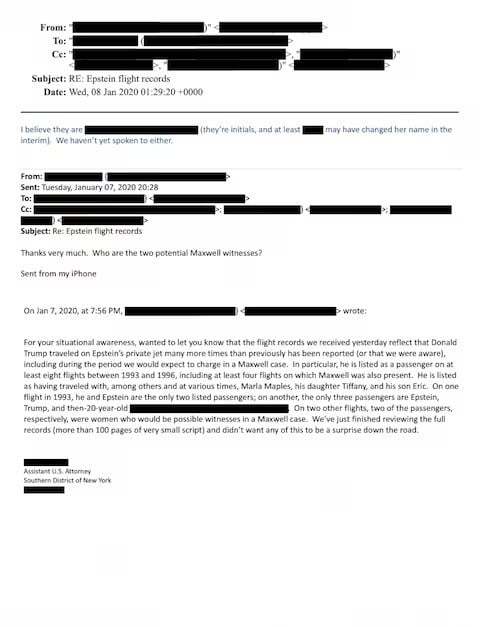
The letter has Epstein purportedly complaining to Nassar that they were incarcerated while the “president shares our love of young, nubile girls. When a young beauty walked by he loved to ‘grab snatch.'”
On Monday, Trump again said he didn’t approve of the file dumps, saying innocent people would be tarnished.
“Everybody was friendly with this guy,” he told reporters.
Delays
Deputy Attorney General Todd Blanche has blamed delays in releasing the files on the need to redact the identities of Epstein’s more than 1,000 victims from the hundreds of thousands of documents and photos in the government’s possession.
The co-sponsors of the bill requiring release of the files — Ro Khanna, a Democrat, and Thomas Massie, a Republican — threatened over the weekend to bring contempt of Congress charges against Attorney General Pam Bondi for failing to comply.
The tranche of materials released on Friday included photographs of former Democratic president Bill Clinton and other famous names, such as pop stars Mick Jagger and Michael Jackson, who were in Epstein’s social circle.
Clinton urged the Justice Department to release any materials in the files related to the former president, saying he had nothing to hide.
Maxwell, Epstein’s associate and former girlfriend, remains the only person convicted in connection with his crimes.
-

 Business1 week ago
Business1 week agoStudying Abroad Is Costly, But Not Impossible: Experts On Smarter Financial Planning
-

 Fashion6 days ago
Fashion6 days agoIndonesia’s thrift surge fuels waste and textile industry woes
-
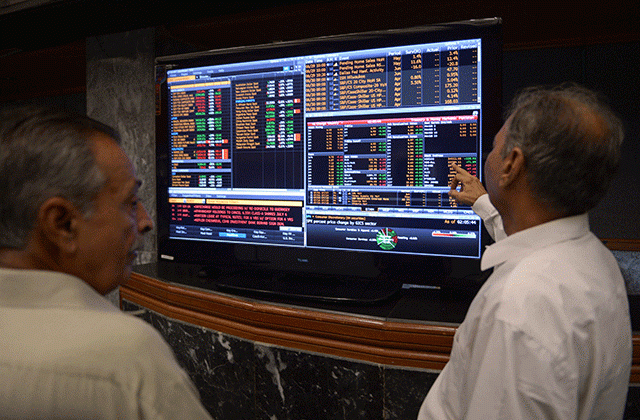
 Business1 week ago
Business1 week agoKSE-100 index gains 876 points amid cut in policy rate | The Express Tribune
-

 Sports1 week ago
Sports1 week agoJets defensive lineman rips NFL officials after ejection vs Jaguars
-

 Business6 days ago
Business6 days agoBP names new boss as current CEO leaves after less than two years
-

 Tech6 days ago
Tech6 days agoT-Mobile Business Internet and Phone Deals
-

 Entertainment1 week ago
Entertainment1 week agoPrince Harry, Meghan Markle’s 2025 Christmas card: A shift in strategy
-

 Sports6 days ago
Sports6 days agoPKF summons meeting after Pakistani player represents India in kabaddi tournament






